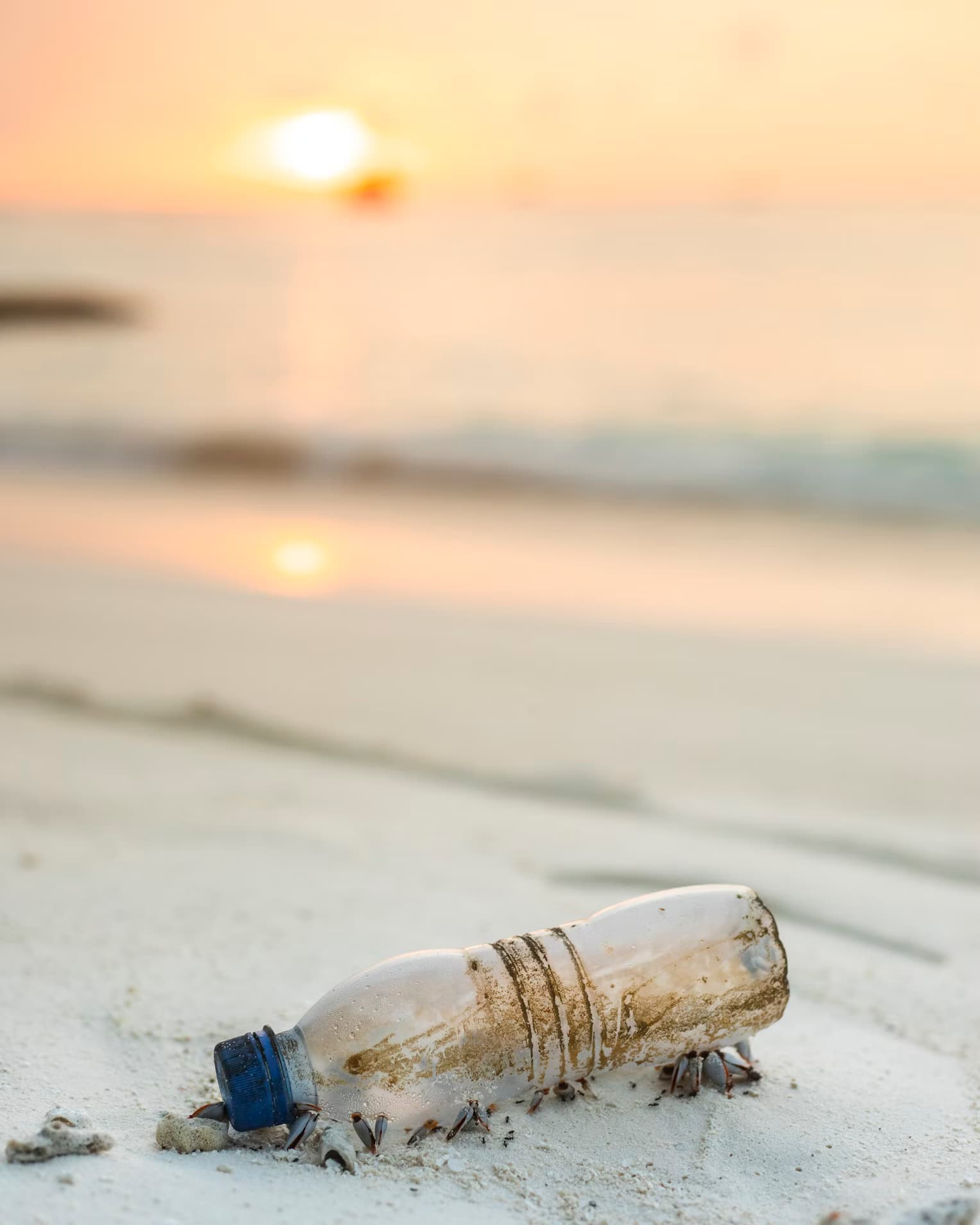Problems with Polymers (Oxford AQA IGCSE Combined Science Double Award): Revision Note
Exam code: 9204
Problems with Polymers
Many polymers are not biodegradable
This means they are not broken down by microbes
As a result they take a very long time to degrade, and lead to problems with waste disposal
Some non-biodegradable plastics get sent to landfill
Landfill sites are filling up quickly and can release gases such as methane which contribute to global warming
Some non-biodegradable polymers are incinerated
This process produces carbon dioxide which is a greenhouse gas that contributes to climate change
Polymers can be recycled but different polymers must be separated from each other which is a difficult and expensive process
Plastic waste has been spilling over into the seas and oceans and is causing huge disruptions to marine life

Image from pngtree.com (opens in a new tab)
Biodegradable Polymers
Some plastic bags are made from polymers and cornstarch
These plastics are biodegradable so can be broken down by microorganisms
This is helping reduce the impact that disposing non-biodegradable plastics is having on the environment

Photo from Unsplash by Ishan (opens in a new tab)

Unlock more, it's free!
Did this page help you?